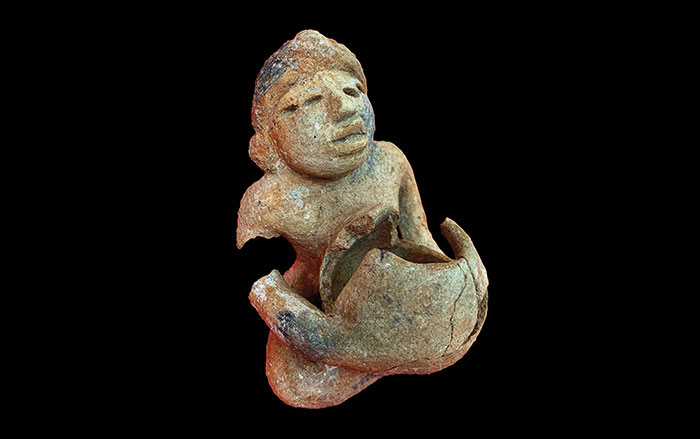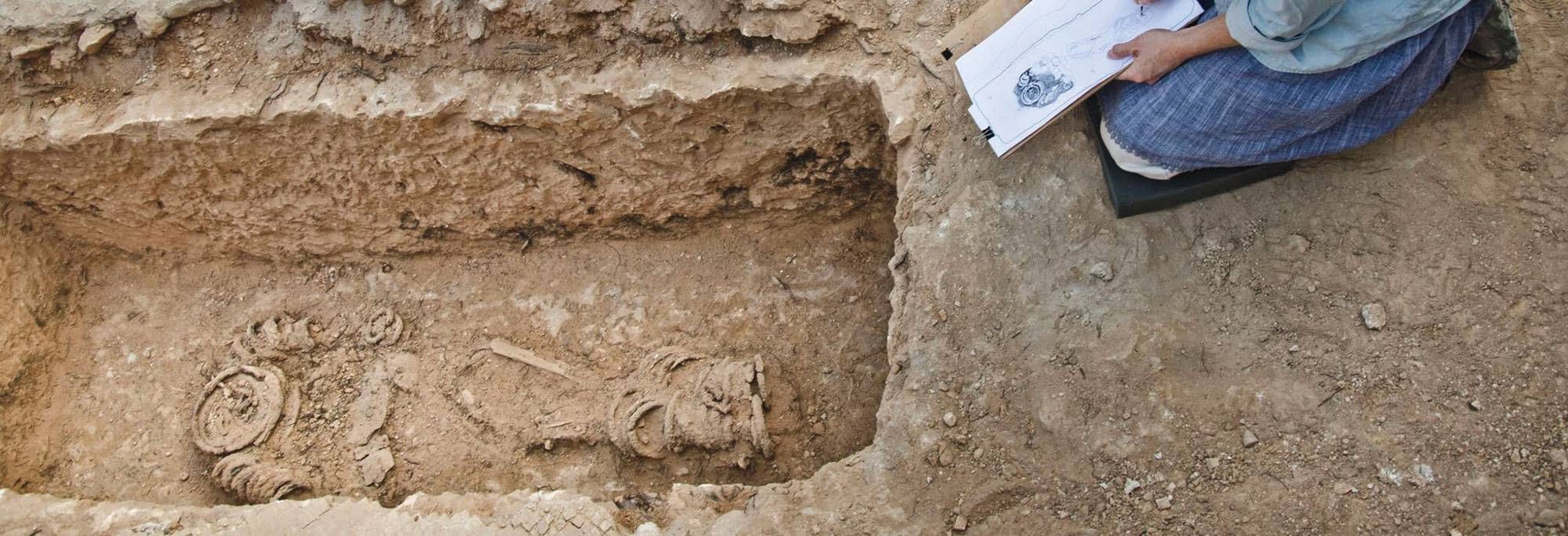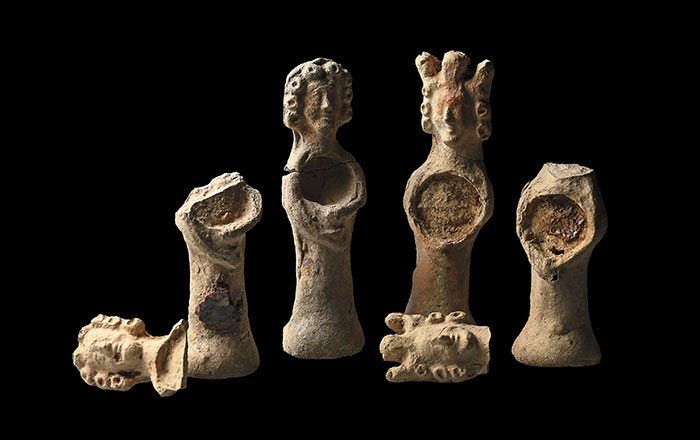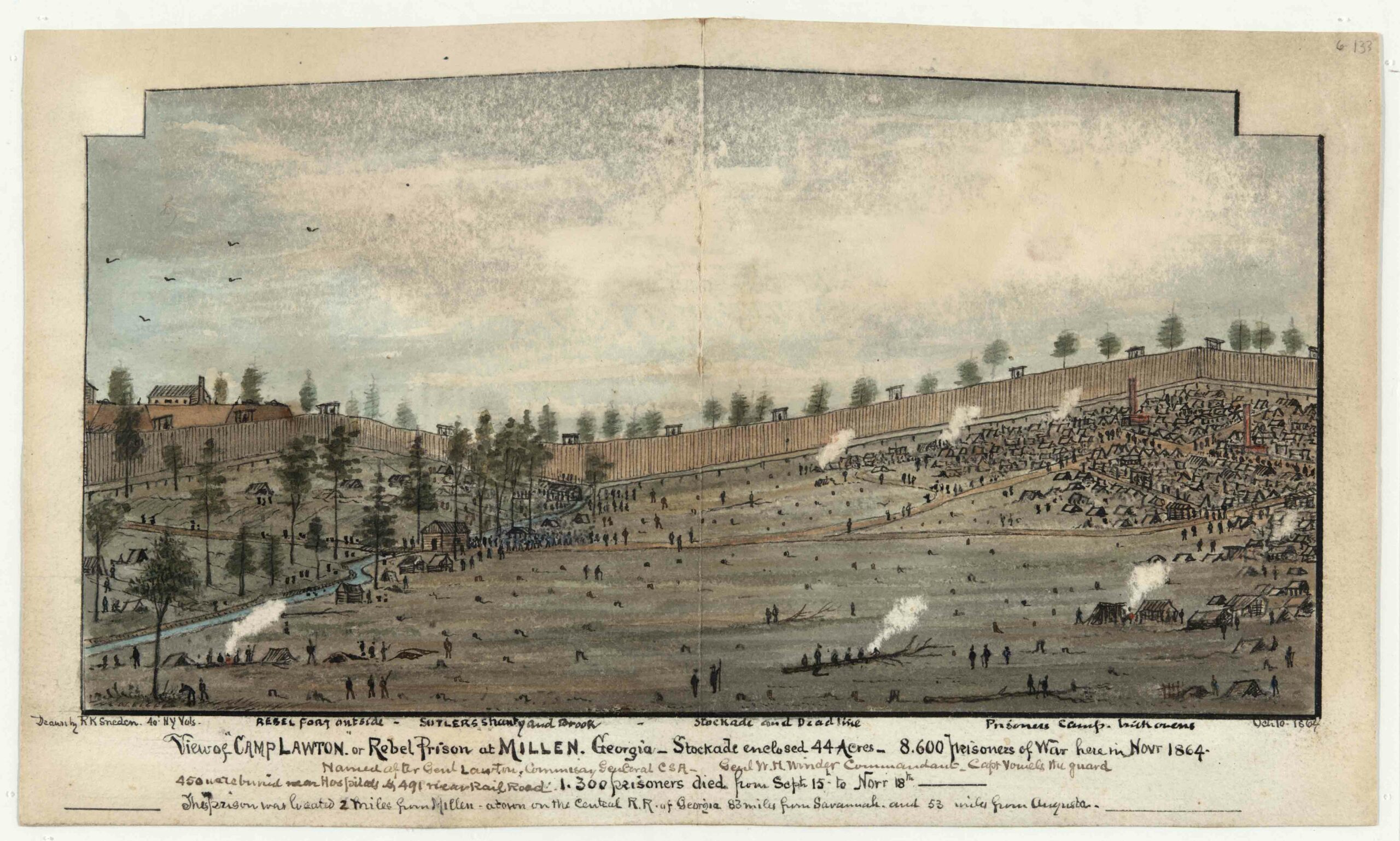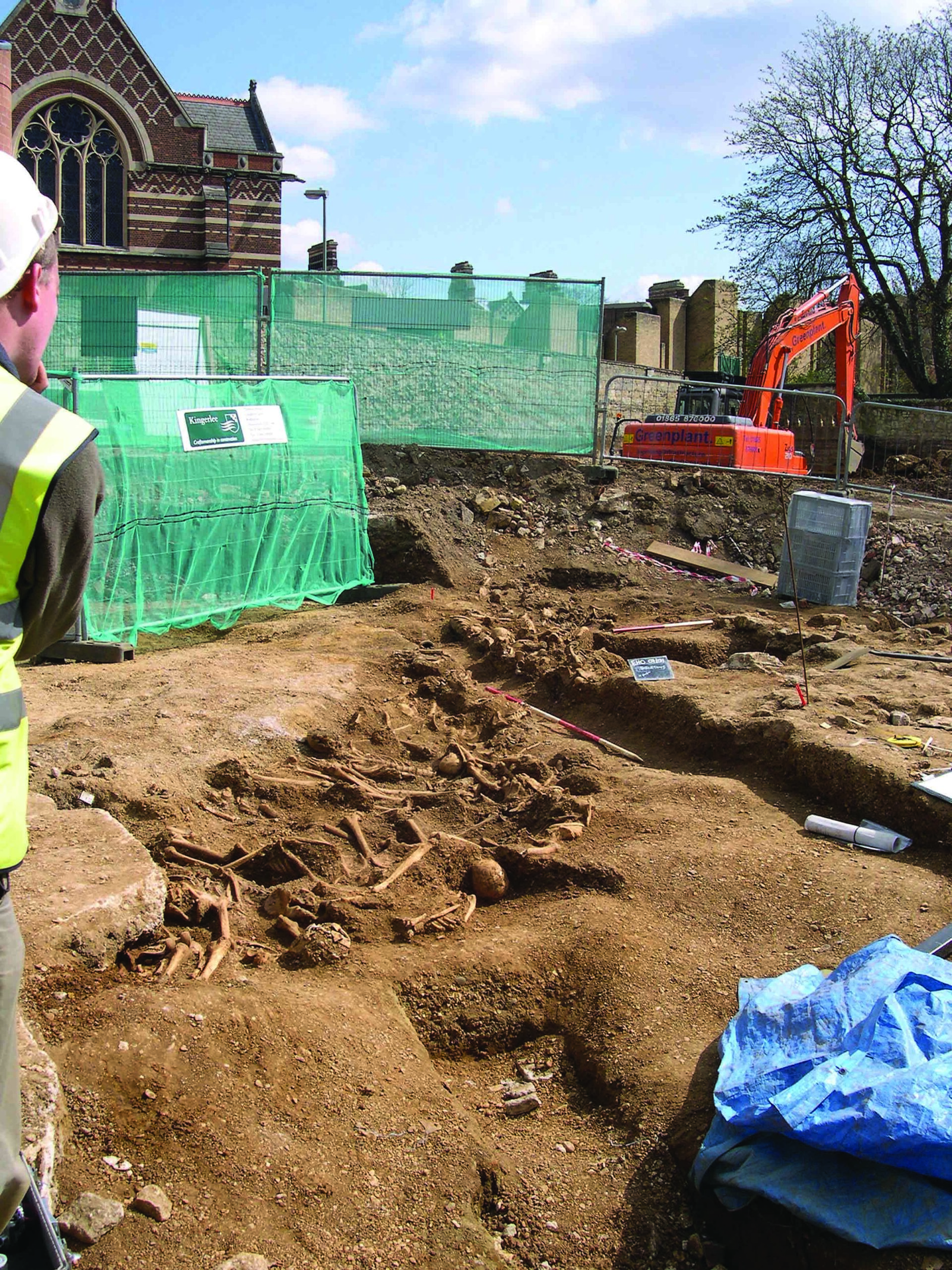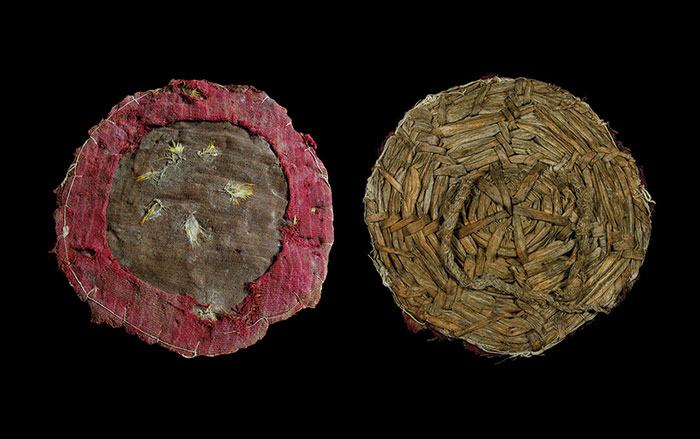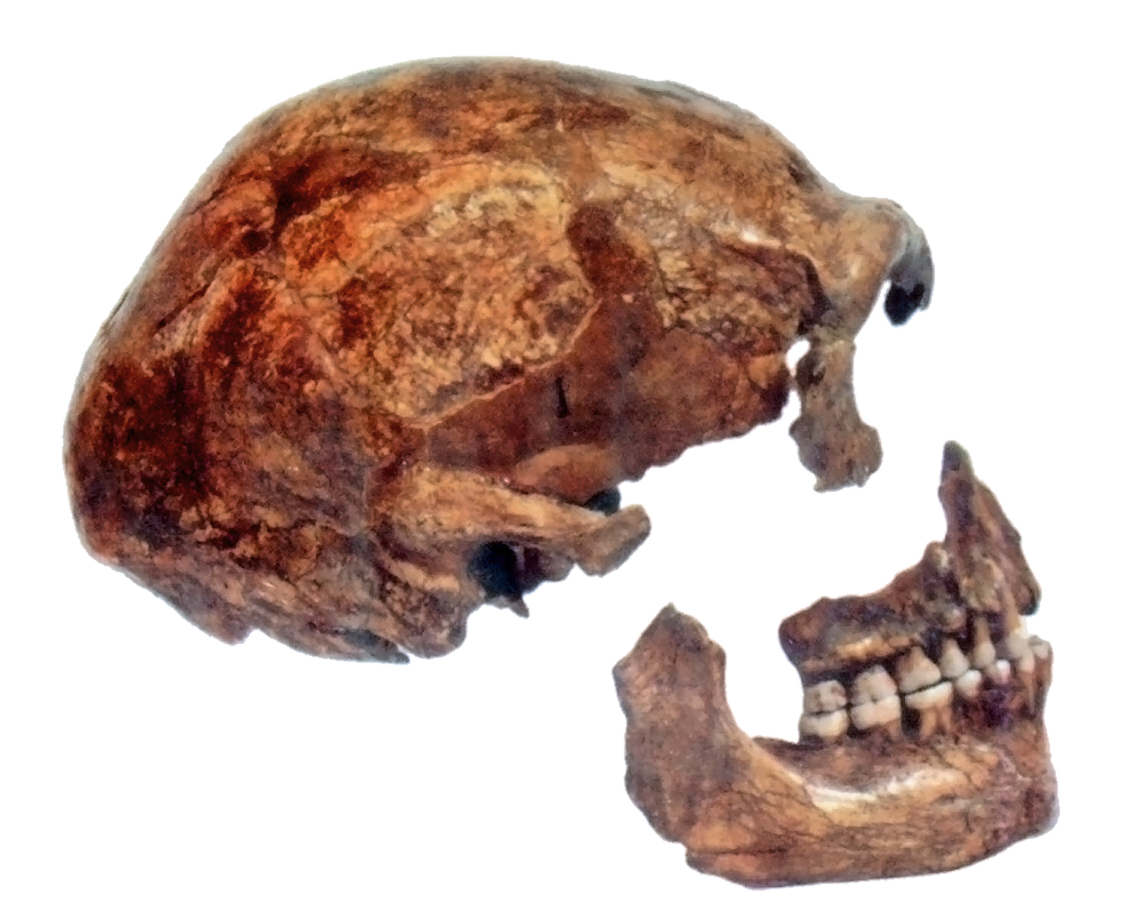
BOSTON, MASSACHUSETTS—Two teams of scientists have identified genome segments that they say modern humans inherited from Neanderthals. David Reich and Sriram Sankararaman of Harvard Medical School, and Joshua Akey and Benjamin Vernot of the University of Washington in Seattle, found segments of the modern human genome, using computational methods, that were likely to have originated hundreds of thousands of years in the past, but entered the modern human gene pool more recently. These gene segments were then compared with the actual Neanderthal genome sequence to create a catalog of Neanderthal genes in modern humans. Both teams found that Neanderthal genes that tend to be common in modern humans are related to the workings of cells on the outer layer of human skin and the growth of hair. The researchers speculate that the genes that survived were beneficial to modern humans, and those that died out were harmful to them. “We find these gigantic holes in the human genomes where there are no surviving Neanderthal lineages,” explained David Reich of Harvard Medical School.


